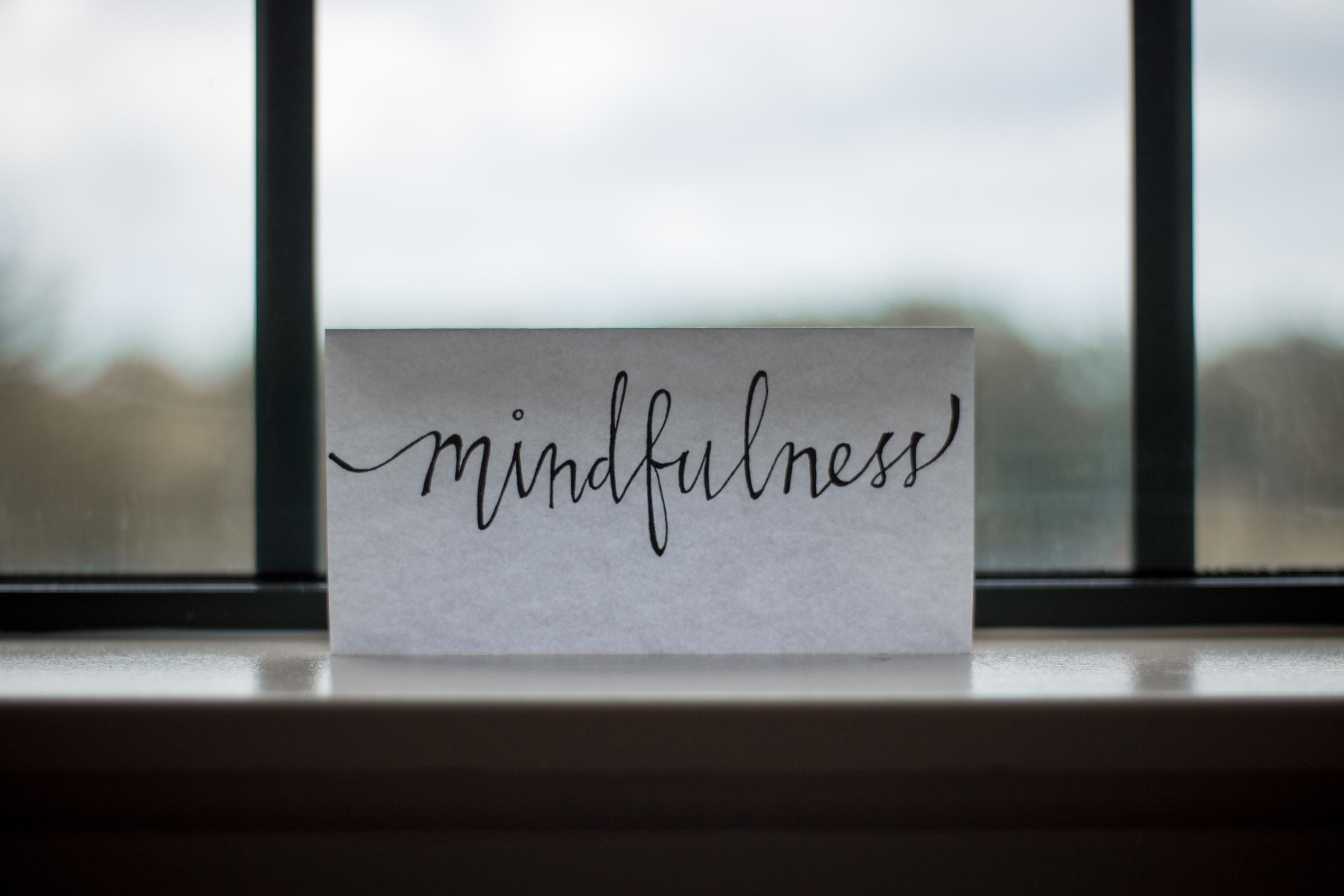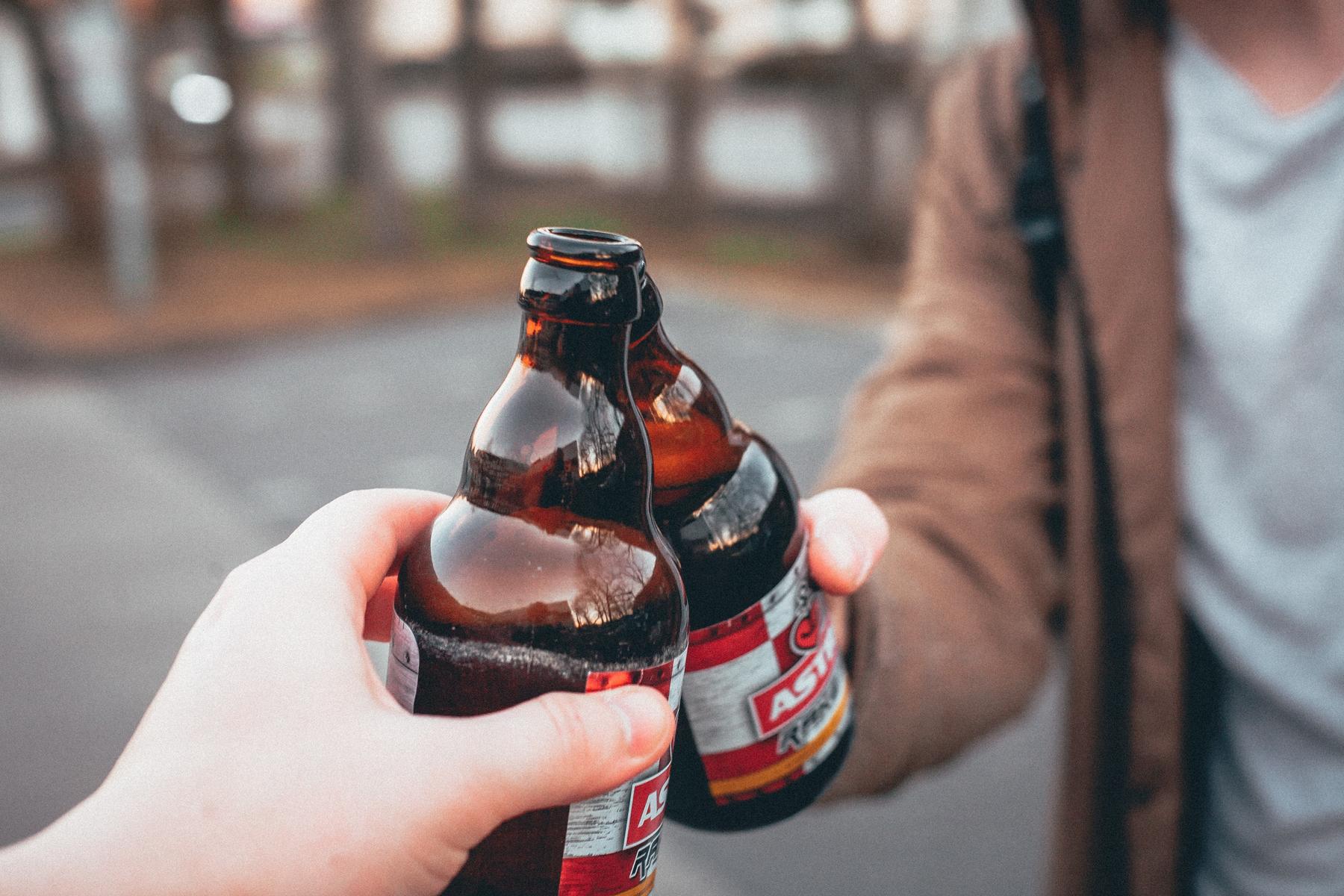Wellbeing

10 Reasons Why Your Teen
Shouldn’t Drink
With the party season upon us, now is a good time to discuss drinking with your teens. Leading clinical psychologist Andrew Fuller has written a valuable article including tips on what to say and how to set clear boundaries.
In America, if you say you want another alcoholic drink they think you have a problem. In Australia, if you say you don’t drink alcohol people think you have a problem.
Without wanting to be too much of a wowser about it, our attitudes around drinking are seriously stuffed up. For example:
- We deplore random violence in our streets. But we don’t address the alcohol consumption that causes it.
- We want to preserve our children’s childhood. But if they pester us enough, we will give them a few drinks to take to a party.
- We fear the consequences of young people mixing drinking and driving. But we don’t ensure they stay sober enough to get home safely.
- We deplore sexual assault and date rape. But we seem to forget this occurs in the context of alcohol and drugs at parties.
- We want our kids to have a great life. But we don’t question it when they feel the only way they can do this is to have a few drinks first.
We live in a society that for some reason has forgotten that you can have celebration without intoxication. With this level of mixed messages floating around, teens are not going to be convinced to not drink alcohol unless parents take a clear, strong stand.
Ten quick reasons why under 18s should not use alcohol
- The growing brain is more easily damaged by alcohol.
- It is against the law.
- It is against the law (yes, I know I just said that, but I wanted to repeat it so you don’t glide over it).
- People who drink as teenagers are more likely to become problem drinkers when they become adults.
- Teenagers process alcohol differently. Adults get sleepy after too many drinks. Teens are up and firing and ready to do all manner of risky things.
- Teens don’t know when to stop drinking. The majority of teens binge when they drink.
- Alcohol-related traffic accidents are a major cause of death among young people. Alcohol use also is linked with teen deaths by drowning, suicide and homicide.
- Teens who use alcohol are more likely to be sexually active at earlier ages, to have sexual intercourse more often, and to have unprotected sex, than teens who do not drink. Teen parties can be dangerous places to be if you are off your face.
- Young people who drink are more likely than others to be victims of violent crime, including rape, aggravated assault and robbery.
- Teens who drink are more likely to have problems with school work.
Read the full article by Andrew Fuller at The Parent’s Website.
Self-care: Why and How to Exercise Self-Compassion
Do you give yourself the same care and kindness you give to others? This article from the Smiling Mind Blog reminds us that although suffering is an inevitable part of being human, there are some practical ways to exercise self-compassion that can help you manage painful emotions.
Why is it so hard to extend the same care and support to ourselves that many of us so readily offer to others?
Sharon Salzberg, a renowned author and meditation teacher, suggests that it may be because Western cultures tend to view compassion as a gift, rather than a need. As such, we may feel more comfortable giving compassion to others, viewing compassion for oneself as selfish or indulgent. Eastern traditions, by contrast, consider self-compassion a fundamental part of being human. It is thought that if we’re not able to relate to our own struggles with care and understanding, we’re unlikely to develop the internal resources needed to support others well.
In Western cultures, self-compassion is often misunderstood as self-pity, self-absorption or self-indulgence. People often worry that self-compassion means letting yourself off the hook too easily, risking becoming lazy and non-achieving. There is a pervasive belief in our culture that self-criticism keeps us motivated and on track. In fact, self-compassion is actually far more motivating and sustainable as it still involves holding oneself to account but in a way that is encouraging, rather than punitive. We’re actually far more likely to learn from our mistakes and continue trying when we’re being self-compassionate. Self-criticism on the other hand often leads to giving up prematurely and can negatively impact our sense of self-worth, confidence and mood.
Even if you already view self-compassion as something worth exploring, it can be difficult to know how or where to begin. The good news is that research in the fields of neuroscience and psychology is confirming what Eastern meditative traditions have known all along:
Self-compassion is a skill that can be developed and strengthened at any age. It is not an inherent quality that we either have or don’t have.
The first step towards developing self-compassion is to understand exactly what it is. Let’s take a look at the three core components of self compassion as identified by Kristin Neff, a leading researcher who has been studying self-compassion for over a decade now.
Alex Dang
Wellbeing Placement Student


